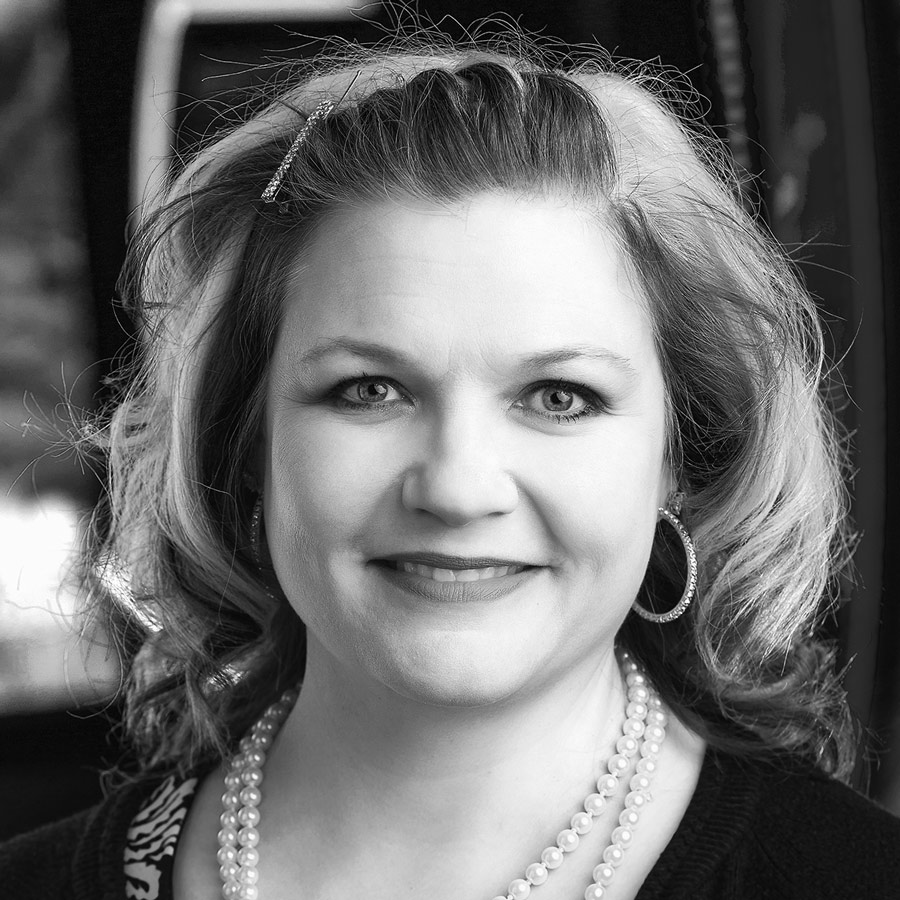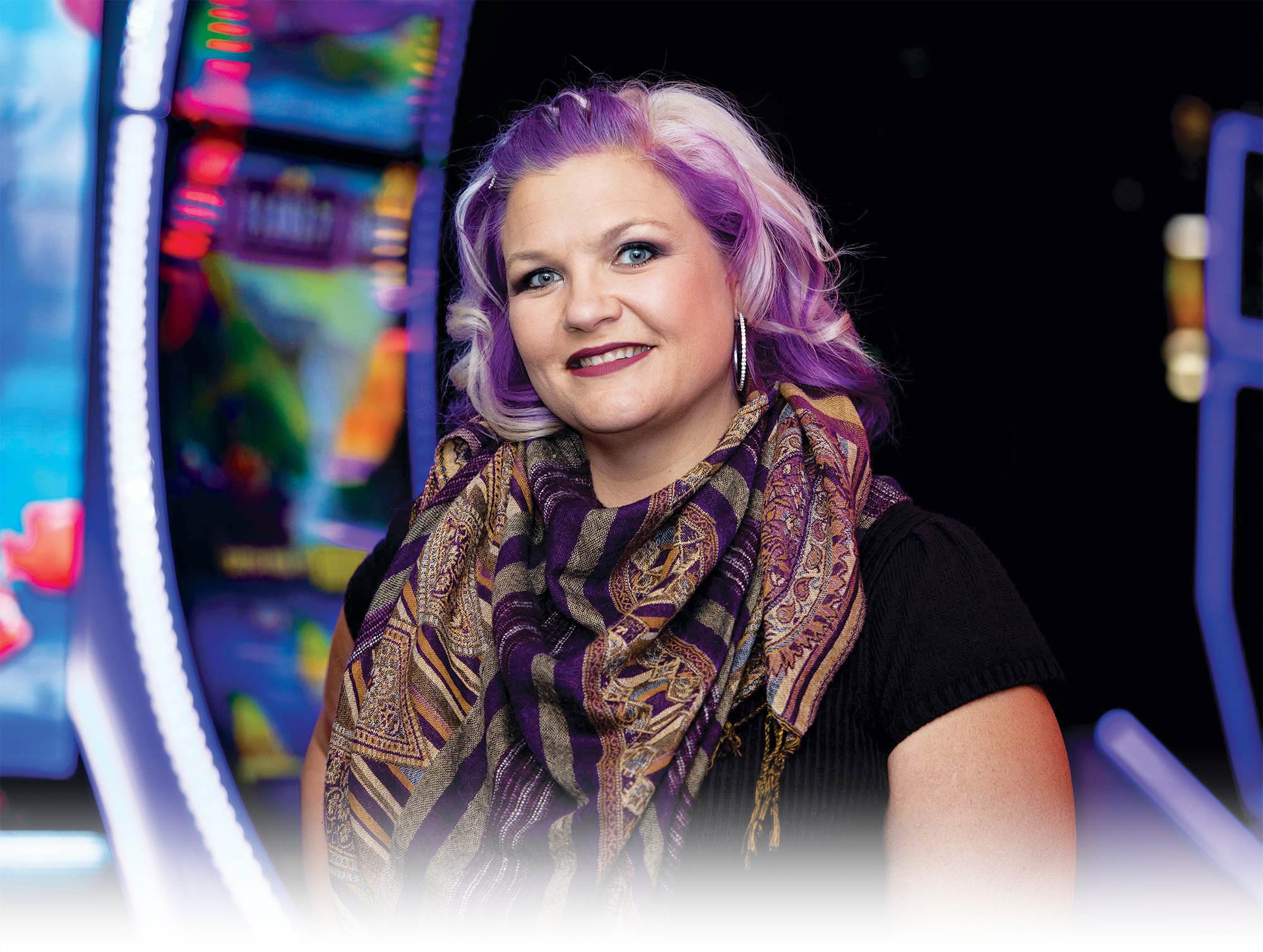
#LiveLikeGreg
had no idea how those six words my husband, Greg, said to me would ultimately change me and my life. In September of 2020, after months of lockdown, confusion, and restlessness, I had decided to take a break—a long weekend in San Diego at the beach to recharge my soul and find some internal peace. What better way than the soothing sounds of the ocean and some quiet time in the sun and sand. It was there, in the place I was so desperately looking for peace, that I heard those words, and the calm that I needed and wanted was quickly replaced by anxiety.
Greg was invincible. Larger than life in presence and personality. He was healthy and strong, and loved all kinds of physical activities, from mountain climbing and scuba diving to horseback riding and so much more—I swear he did it all. And he was never sick. Surely this would not be a big deal. But that day, I heard something I seldom heard in his voice—fear.
So that was it, I was going to stay in San Diego while we rode out this storm. It wouldn’t be long. Ten days of quarantine—piece of cake, right? I remembered when Greg had hiked to the advanced base camp at Mount Everest for a wilderness medicine course. I had only spoken to him twice in the 21 days he was gone, so 10 days when we could talk whenever we wanted should be easy.
I got myself set up to work from the condo I was staying at, and in some ways, having been working remotely for months, it didn’t seem all that foreign. However, I found myself really struggling with how to approach this with my team and coworkers. Who do I tell? How do I tell them? Am I going to be treated like an outcast? I also found myself thinking, If I don’t tell anyone, is it even real? If I just act normal…
But wishing doesn’t make it so. I did end up telling my team, my leader, and one of my peers. I felt I had an obligation to share, but I quickly glossed over the news, treating it as casually as I thought it would be, as casually as I wanted it to be.
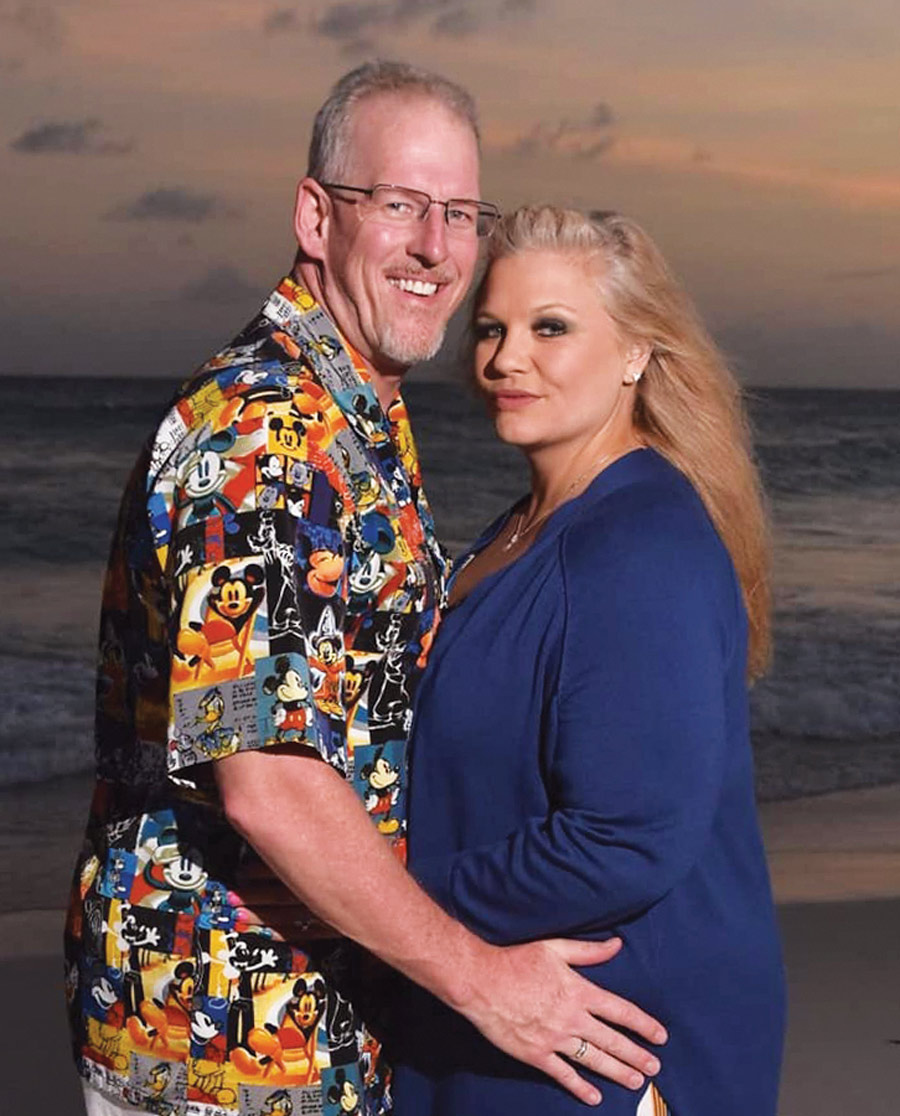
Then my world shattered. When Bryen came back downstairs, he was sobbing into his cellphone, saying to the 9-1-1 operator, “My dad’s dead.” I couldn’t breathe. Did I hear him right? How could this be? I was so far away and felt so helpless. What was I supposed to do?
I made just a couple phone calls to share the news. The first was to my parents, and as I started to tell them I choked on the word “dead.” Saying it out loud cemented its reality. Then time became a blur. I started to pack my things as fast as I could. I had to get home, had to help Bryen, had to make sure this was true. The next thing I knew, my brother, who lives close by, walked in. Had I called him? I was so frantic and fuzzy, I couldn’t remember. He convinced me that I couldn’t leave, that it wasn’t safe for me to drive, and said that he and his wife would drive me and my car back to Las Vegas to my parents’ house if I could just wait until 5 a.m. The twelve hours seemed like an eternity.
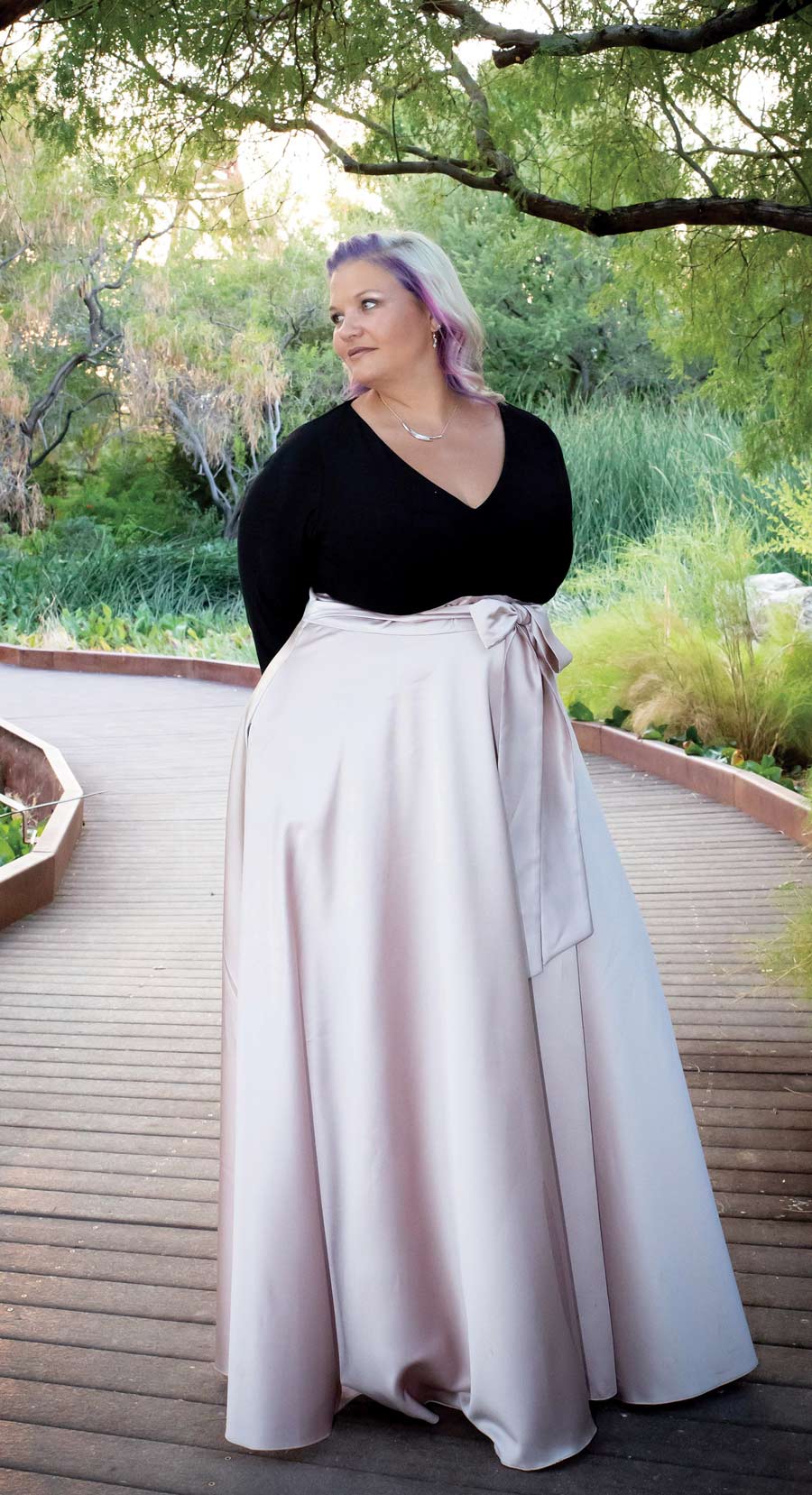
I felt Greg would want me to warn people about COVID. Greg was all about caring for people. He was an advanced emergency nurse practitioner and had been working in medicine in one capacity or another for more than 30 years. Caring for someone in the emergency room who coded and needed intubation is how he contracted COVID. He was cool and calm in emergencies, skillful at treating patients, willing to put others above himself. One of his fellow physicians said, “If Greg was working, we knew it was going to be a good shift.”
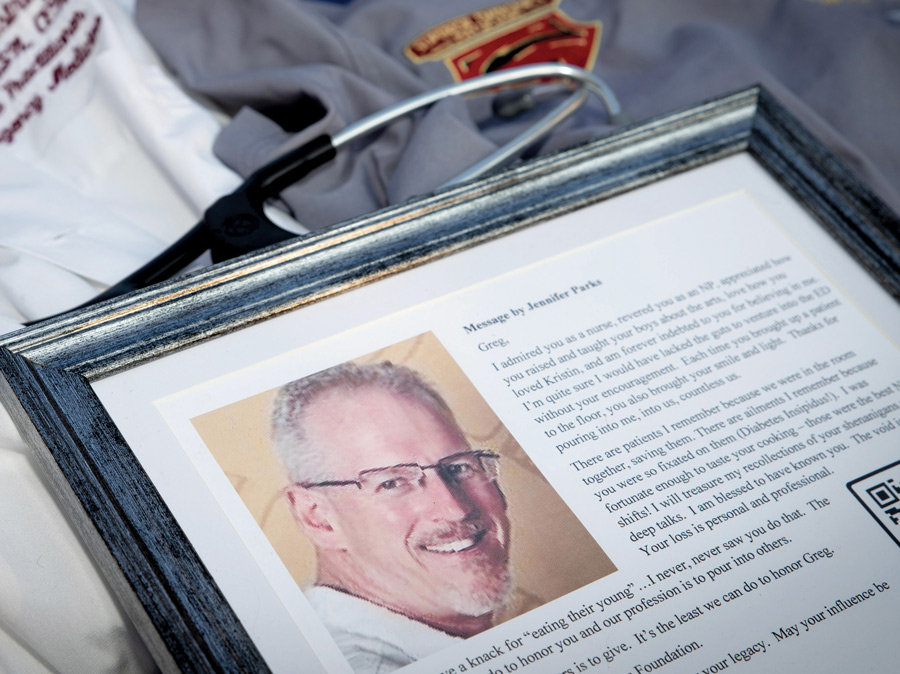
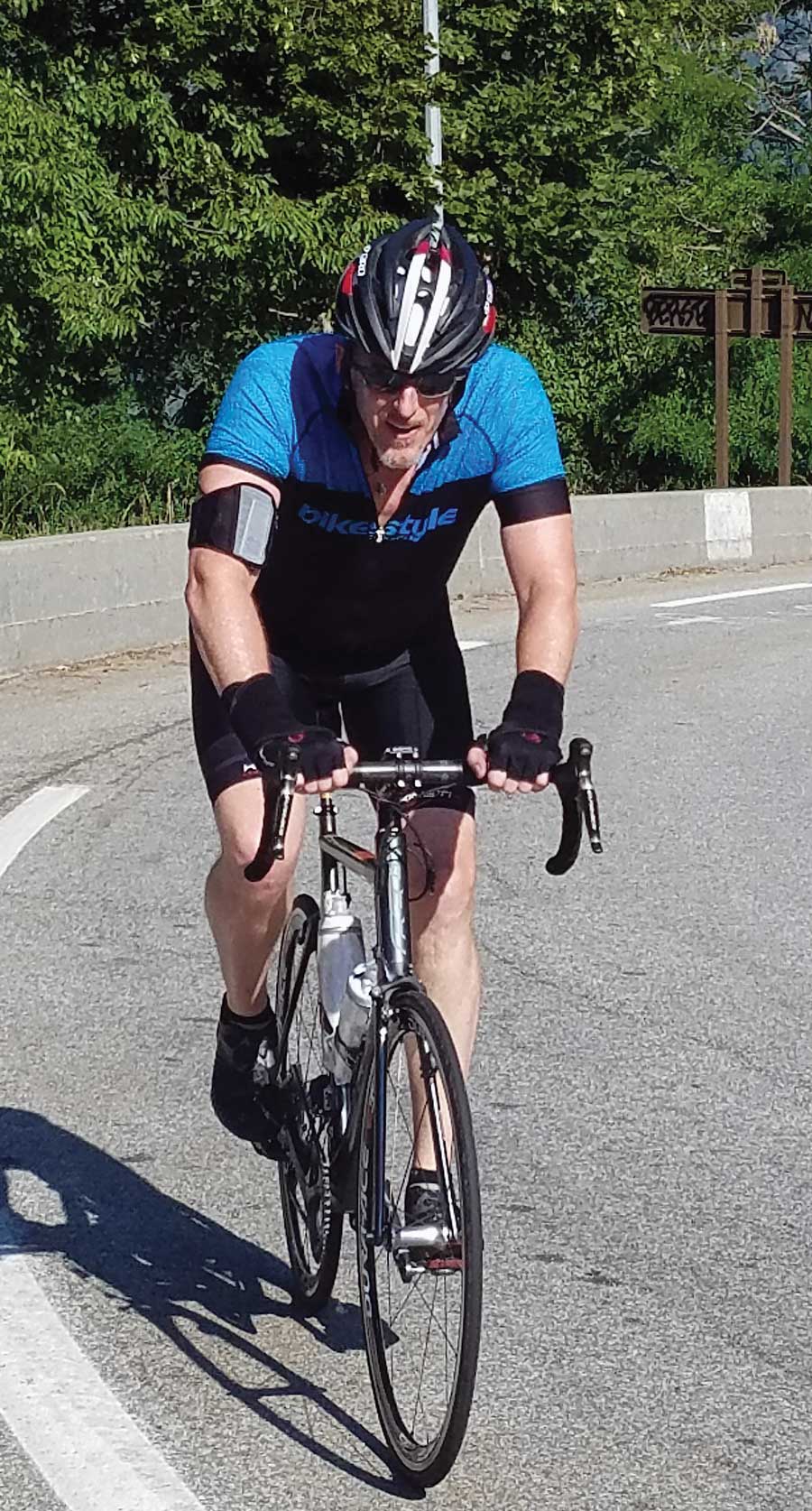
When we had Greg’s funeral, we were limited to 40 people. I told the director, “Forty! Are you kidding me? I need 1,100!” But I had no choice. While there would be a livestream, I still had to figure out how to represent all aspects of Greg’s life, how to bring closure to a community legend and provide closure and support for Bryen, Greg’s family, and myself. At the end of the service, paramedics performed a last call over all of the emergency radios. It was beautiful, chilling, and left many with goosebumps and tears. As we walked his casket out, I stepped outside to the most incredible sight: Lining the streets were tons of people with signs and flags, in addition to a motorcade that included emergency vehicles from every agency in the city. Even the Mercy air helicopter did a flyover.
Not all of us are meant to be in medicine, but Greg showed me how much we can impact the lives of those around us, both personally and professionally. He showed me that making a difference doesn’t have to be about doing something magnificent. Sometimes it’s a small act that starts a cascading positive ripple.
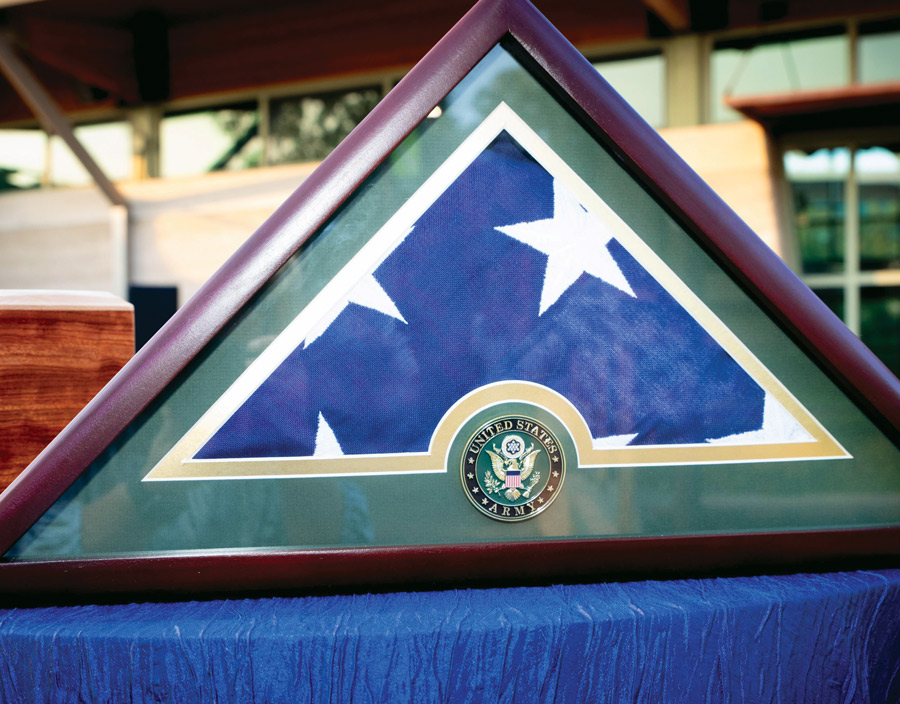
I recognize that what I went through enables me to have a unique and intimate perspective that I can use to help others. Having personally experienced something allows you to reach others in similar situations. So I lead the charge, I continue to tell Greg’s story, I listen, and I learn. I show up in even the smallest ways. I have discovered that I am stronger than I could have imagined, and you are too.
